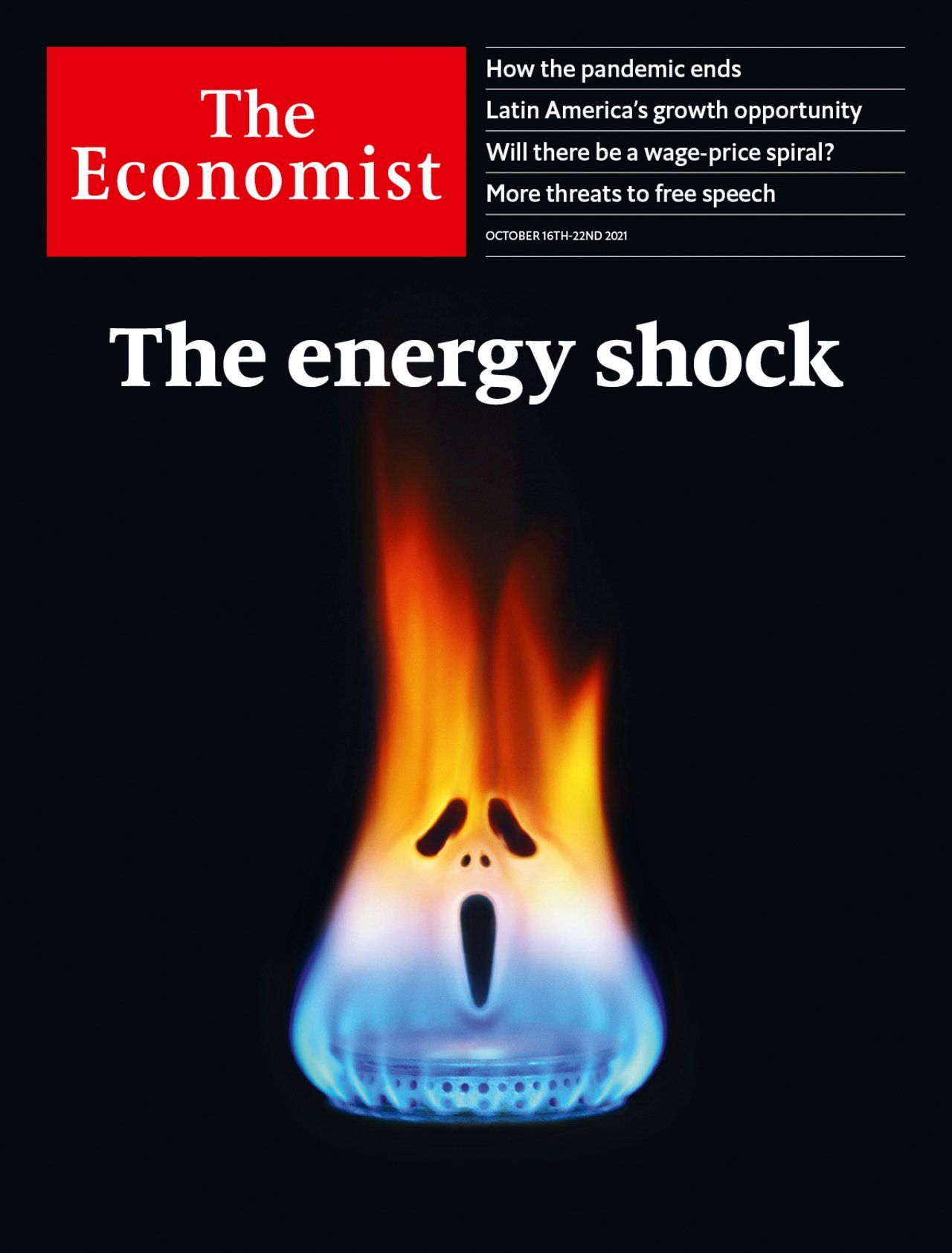The Nobel prize in economics celebrates an empirical revolution
David Card shares this year’s award with Joshua Angrist and Guido Imbens

A “CREDIBILITY REVOLUTION” has transformed economics since the 1990s. Before that, theory ruled the roost and empirical work was a poor second cousin. “Hardly anyone takes data analysis seriously,” declared Edward Leamer of the University of California, Los Angeles, in a paper published in 1983. Yet within a decade, new and innovative work had altered the course of the profession, such that the lion’s share of notable research today is empirical. For enabling this transition David Card of the University of California at Berkeley shares this year’s economics Nobel prize, awarded on October 11th, with Joshua Angrist of the Massachusetts Institute of Technology and Guido Imbens of Stanford University.
This article appeared in the Finance & economics section of the print edition under the headline “Instrumental research”
More from Finance & economics

Europe’s economic growth is extremely fragile
Risk is concentrated in one country: Germany

How vulnerable is Israel to sanctions?
So far, measures have had little effect. That could change

Why companies get inflation wrong
Bosses should pay less attention to the media
What is behind China’s perplexing bond-market intervention?
The central bank seems to think the government’s debt is too popular
How to invest in chaotic markets
Contrary to popular wisdom, even retail investors should pay attention to volatility
Vladimir Putin spends big—and sends Russia’s economy soaring
How long can the party last?
